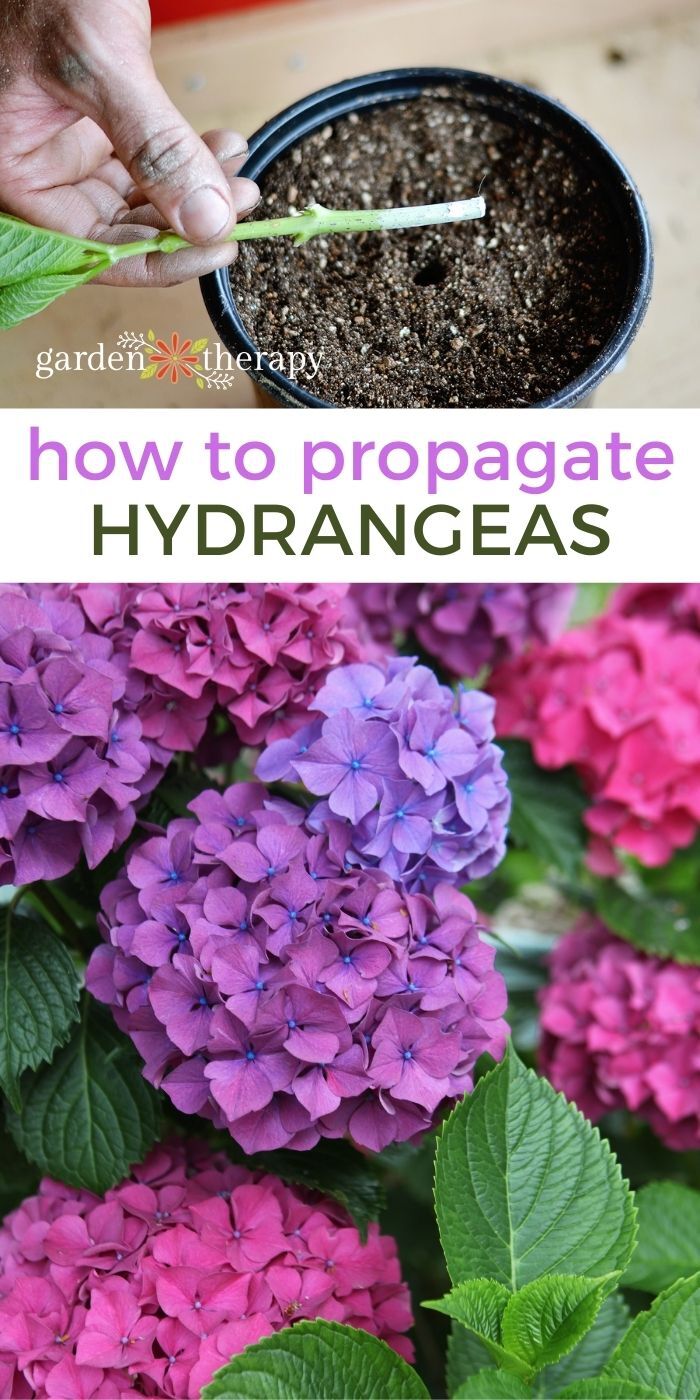
How To Root Hydrangeas In Water In Easy Steps asuncionvenmistico
1. Dig Up in Advance When it comes to transplanting any plants, urgency is important. You don't want your hydrangeas to wait longer just because you've forgotten to dig a hole in your new relocation area. Recommended Repotting Monstera: How, When, and All.

How to Transplant Hydrangeas Hunker Planting hydrangeas, Plants, Transplanting hydrangeas
Dig a hole as deep as the root ball and 2 to 3 times as wide. The base of the plant (where the stem meets the soil) should be level with the top of the planting hole. Set the plant in the hole and half-fill it with soil. Water generously. After the water is absorbed, fill the rest of the hole with soil and water again.

How to Replant Hydrangeas Garden Savvy YouTube
published June 24, 2022 When can you transplant hydrangeas? It's an important question, as if you do it at the wrong time of year you'll risk losing these prized plants, which take a number of years to reach maturity. It's not difficult to learn how to grow hydrangeas.

5 Steps For Transplanting Hydrangeas Successfully Breathing Garden Transplanting hydrangeas
Best time of year to transplant Early spring or late autumn are the ideal times to transplant hydrangeas since these are the times when the plant is dormant. By transplanting at these times of year, the plant will have time to develop its roots before the summer or winter's extreme temperatures.
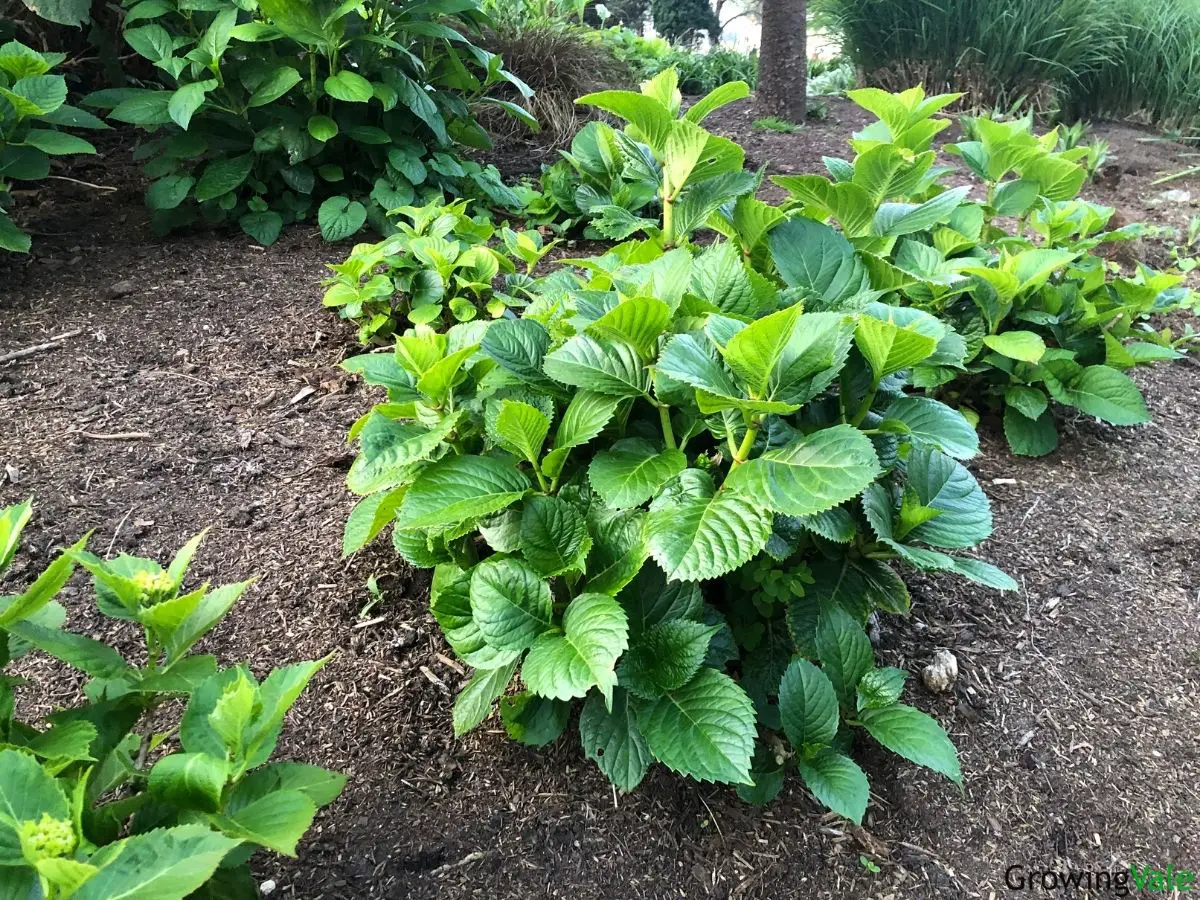
Planting and Transplanting Hydrangeas When and How GrowingVale
Replant the Hydrangea. The hole should be partially filled with water before you replant your hydrangea. Loosening the soil around the root ball will enable the plant to establish itself in its new environment quicker. Try to replant as quickly as possible. This will save the roots from drying out and the plant will suffer less from stress.

Caring Tips For Potted Hydrangea Plants Growing hydrangeas, Planting hydrangeas, Hydrangea potted
Home » Transplanting Hydrangeas. Transplanting hydrangeas, the show-stopping stars of many gardens, can be a daunting task for many gardeners. Done correctly, it can give a new lease of life to these beautiful plants and can be key to maintaining a vibrant, healthy garden. Incorrectly done, however, it can lead to wilting plants and.

How to Transplant Hydrangeas Transplanting Hydrangeas in Northern Virginia (VA)
The bushy plants have large white globular flowers like enormous snowballs. Hydrangea arborescens 'Incrediball' Panicle hydrangea (Hydrangea paniculata) —This hydrangea species is known for its cone-shaped flowers. Panicle hydrangeas grow between 3 and 16 ft. (1 - 5 m) tall and 8 ft. (2.5 m) wide. Panicle Hydrangea (Hydrangea paniculata)
Frank's Garden Talk Transplanting Hydrangeas(basic shrub transplanting method)
Sunlight For the most part, hydrangeas thrive in locations that receive bright morning sun and afternoon shade. Neither full sun nor full shade conditions are ideal for this shrub. Other Considerations Last but not least, think about the plants that you will be growing around your hydrangea.
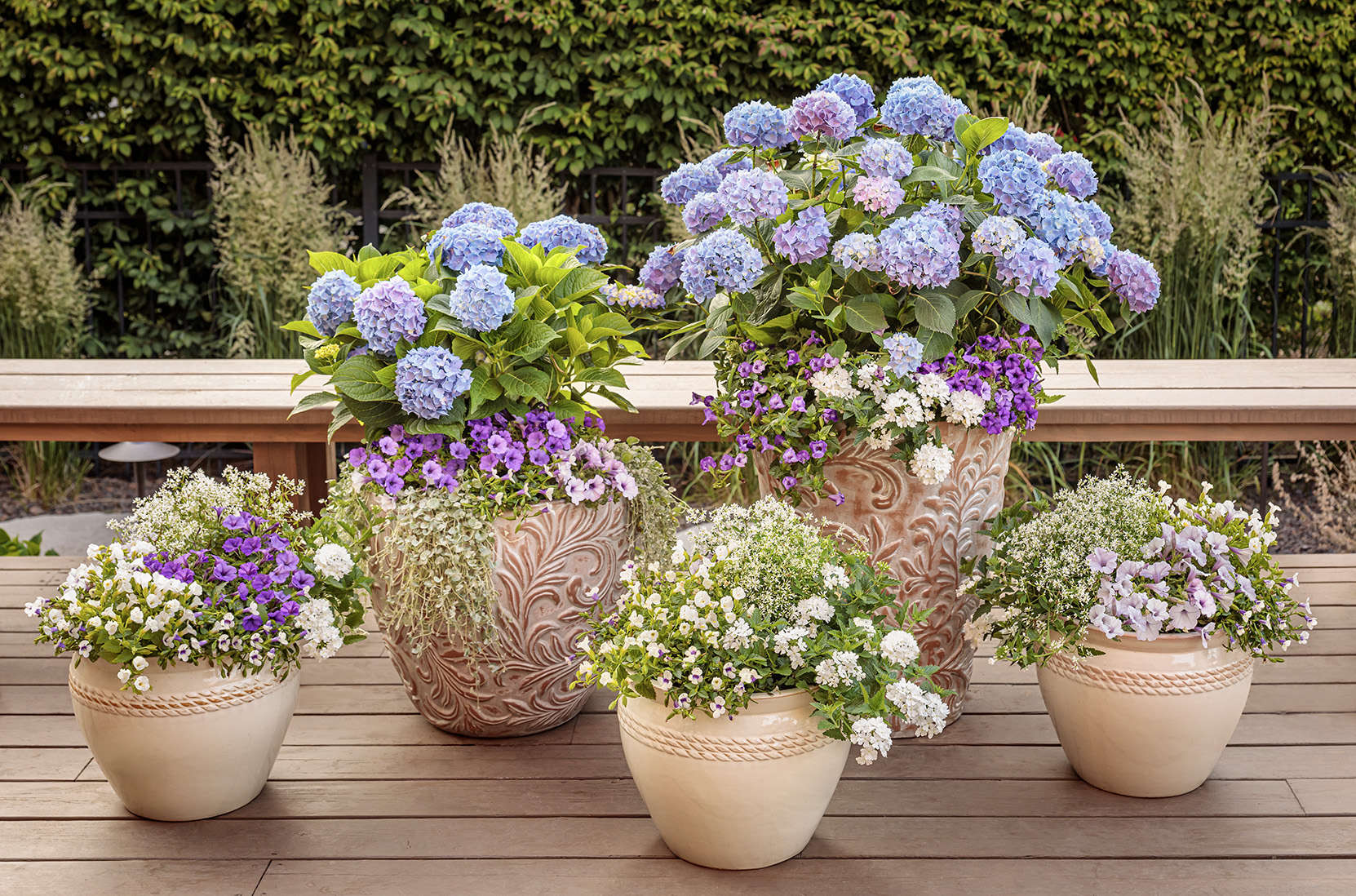
How to Grow Hydrangeas in Pots Potted Hydrangea Care Proven Winners
The best time to transplant is autumn and winter. The truth here is that you can transplant a hydrangea at any time, with the exception of the heat of the summer. But the best time to do it is in the fall or winter if you live in warm climates once the plant has gone dormant.

Transplanting Hydrangea When And How To Transplant Hydrangea Shrubs
Why Should You Re-Plant Hydrangeas? While maturing, you will notice that the hydrangea plant sheds its leaves once every year — it is considered to be a deciduous plant and if cared for properly, the hydrangea can grow to reach a height of approximately 5 to 6 feet tall. The proper location is crucial for the survival of the hydrangea plant.

Transplanting Hydrangeas DIY
In warmer climates (where the ground doesn't freeze), transplanting can be done as late as February. Of course, you can't always choose when a plant is unhappy; in some cases, moving it might even be its best chance at survival. If this is the case, you should move your hydrangea regardless of the time of year.
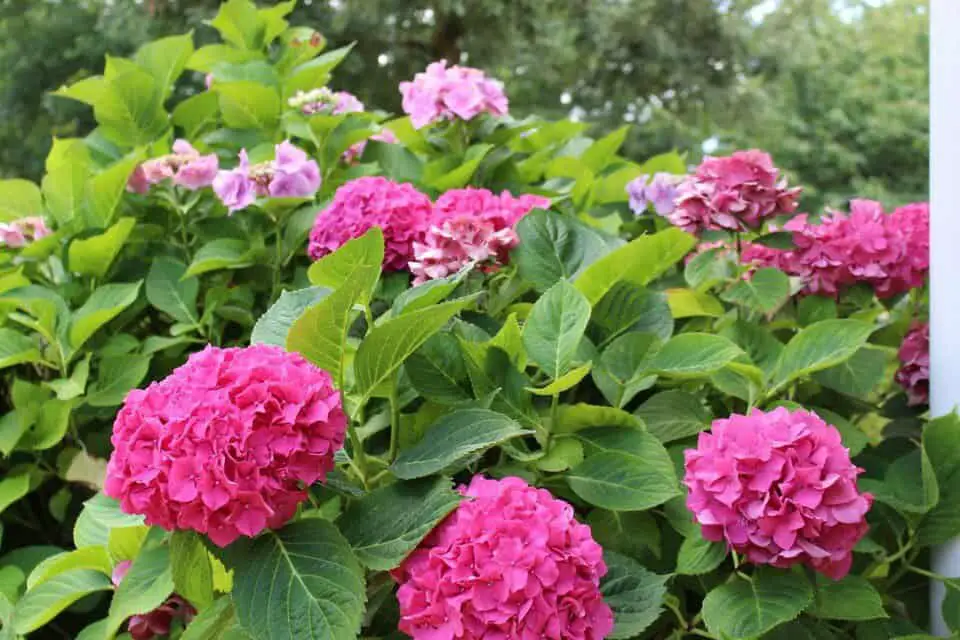
When to Transplant a Hydrangea How, Tips & More
If your hydrangea is in a pot and you want to transplant it to a larger pot or planter, you should transplant it in early spring, just before the plant starts to come out of it's dormancy and shoots new growths. So, if you're moving your hydrangea from one location to another in your garden, there are two approaches to transplanting:

How to repot a Hydrangea. YouTube
Hydrangea quercifolia (oakleaf hydrangea): Growing to about 8 feet tall with white blooms, this species is hardy in zones 5 to 9. Take cuttings from non-blooming stems in early spring, then root it in a pot until a good network of roots has developed. Hydrangea paniculata (tree hydrangea, panicle hydrangea): Growing 8 to 15 feet tall with white.

How To Transplant A Hydrangea Dormant Transplanting Shrub YouTube
Fred Naumann So you've decided your Hydrangea would look better or thrive better in a different location. But looking at this large, woody shrub, you might find yourself wondering if it's even possible to transplant it safely. How can you move your Hydrangea without harming or killing it? Timing is the most crucial factor in relocating Hydrangeas.
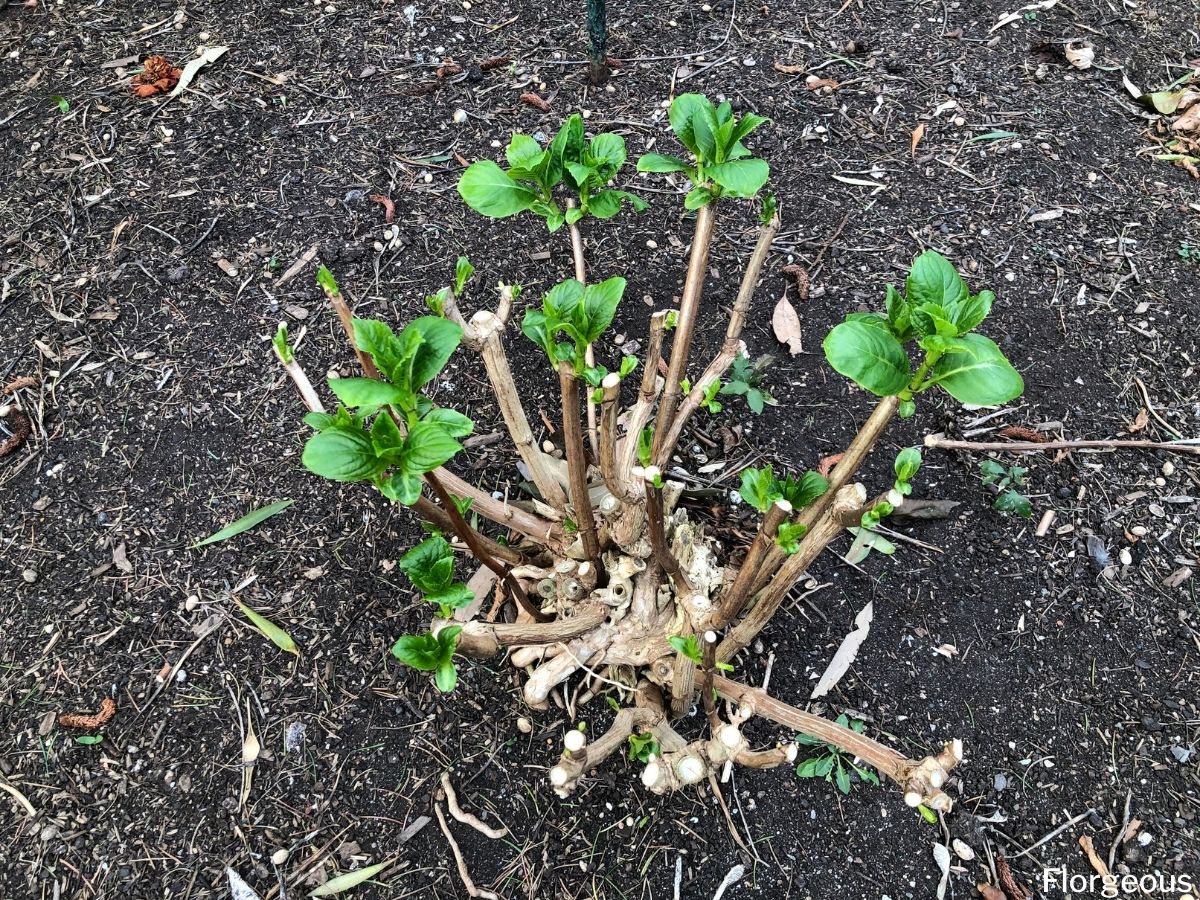
Transplanting Hydrangeas When, Where and How to Successfully
The best time to replant hydrangeas is when they are dormant. This is typically in the late fall or early winter after the leaves have fallen off the plant. Currently, the plant is not actively growing, which means it is less likely to be stressed by the transplanting process.

Transplanting hydrangea can lead to more plants than you thought. How by transplanting our
Put down a few inches (8 cm.) of compost on top of the soil. When spring does come, water it frequently all through the growing season to help it get established. If you've moved it in spring or early summer, the bush will need lots of water while the roots establish themselves in the new environment.